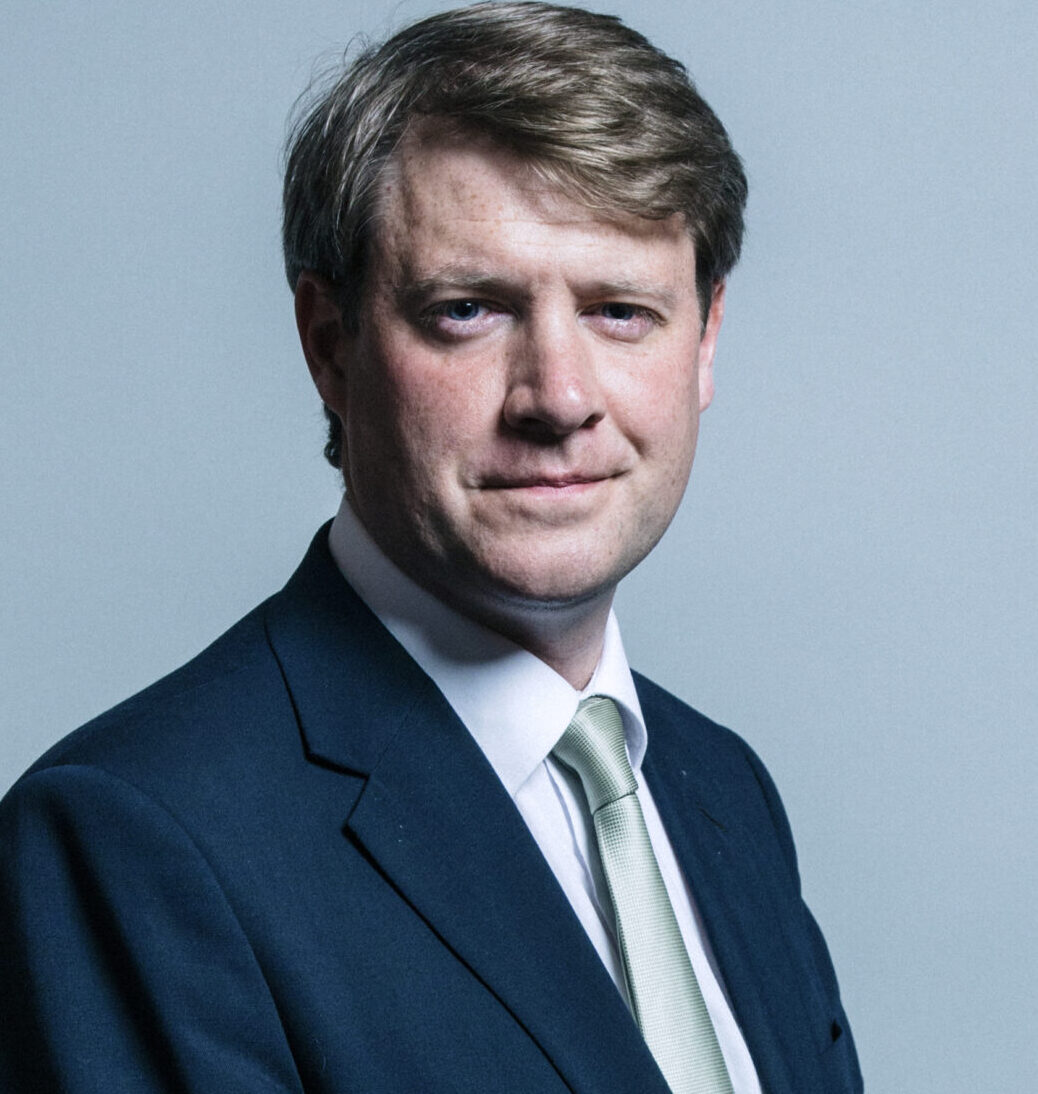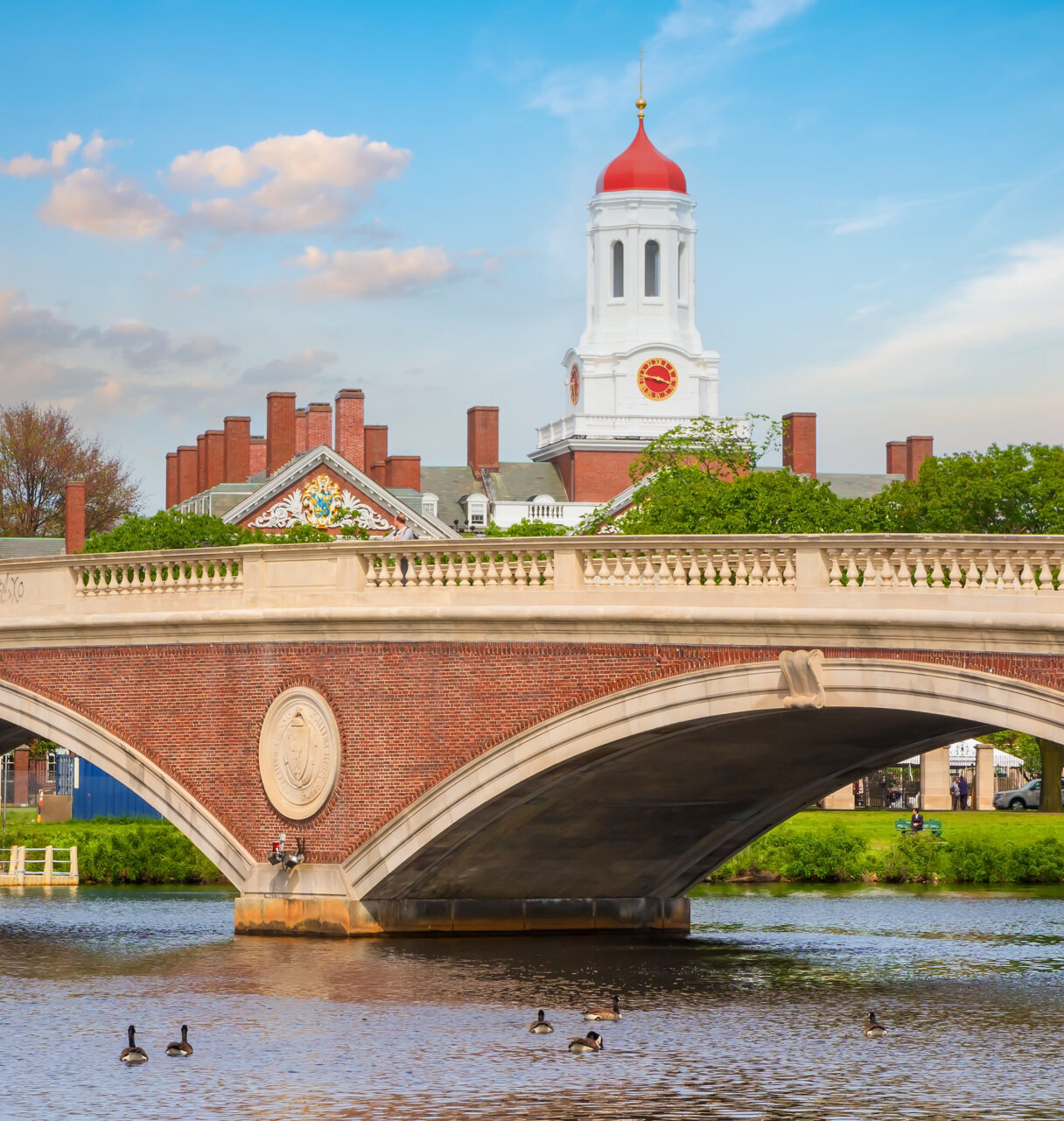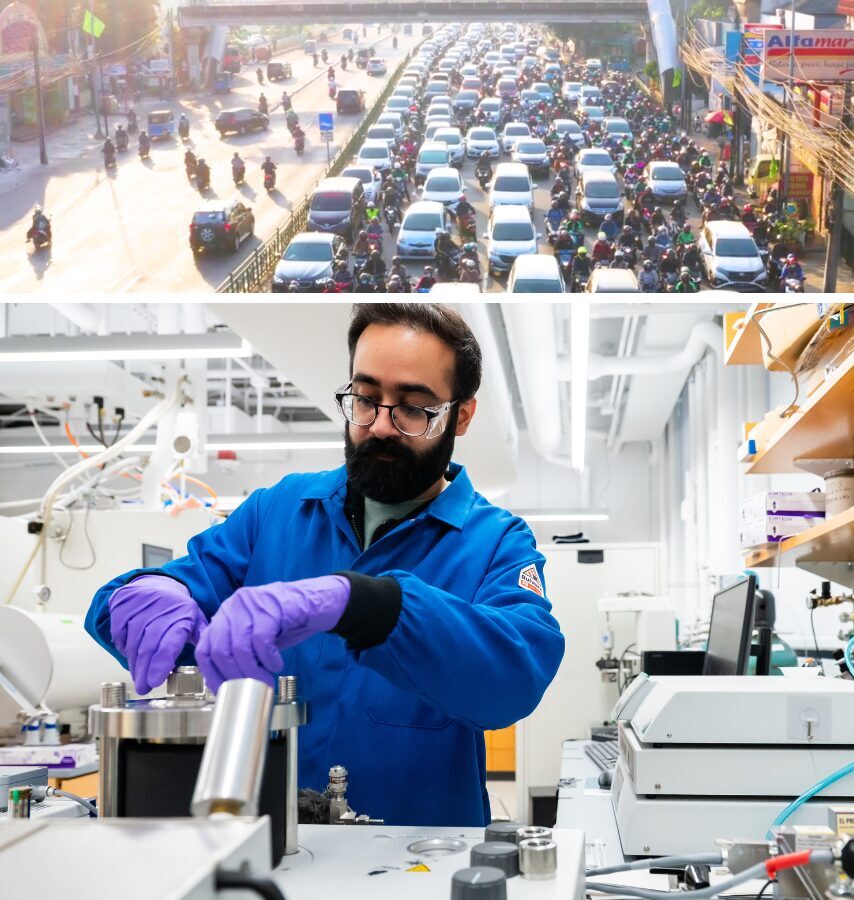
Dustin Tingley
Dustin Tingley is Professor of Government in the Government Department at Harvard University. Dustin is Deputy Vice Provost for Advances in Learning, Faculty director for the Vice Provost for Advances in Learning Data Science and Technology Group (Harvard higher education data science group), and Faculty director for the Harvard Initiative on Learning and Teaching. He received a PhD in Politics from Princeton and BA from the University of Rochester. His research has spanned international relations, international political economy, climate change, digital education and data science, with most focus now on the politics of climate change. His book on American foreign policy with Helen Milner, Sailing the Water’s Edge, was published in fall 2015, and was awarded the Gladys M. Kammerer Award for the best book published in the field of U.S. national policy. Recent projects include attitudes towards global climate technologies and policies, low carbon community transitions, and the intersection of causal inference and machine learning methods for the social sciences. His new book with Alex Gazmararian, Uncertain Futures: How to Solve the Climate Impasse, is forthcoming with Cambridge University Press. He teaches courses on data science, international relations, and climate change.
Dustin co-founded ABLConnect, previously served as the Director of Graduate Studies for the Harvard Government Department and faculty director of IQSS’s Undergraduate Research Scholar program. Dustin has organized interdisciplinary conferences on causal mechanisms, climate change politics, negotiation in international relations, the intersection of causal inference and machine learning, active learning, peer learning, and equitable instruction in inclusive classrooms. Dustin is co-leading an effort to support younger scholars in the social sciences interested in climate change.
The Salata Institute
The Salata Institute supports interdisciplinary research that leads to real-world action, including high-risk/high-reward projects by researchers already working in the climate area and new endeavors that make it easier for Harvard scholars, who have not worked on climate problems, to do so. Faculty interested in the Climate Research Clusters program should note an upcoming deadline for concepts on April 1, 2024.







